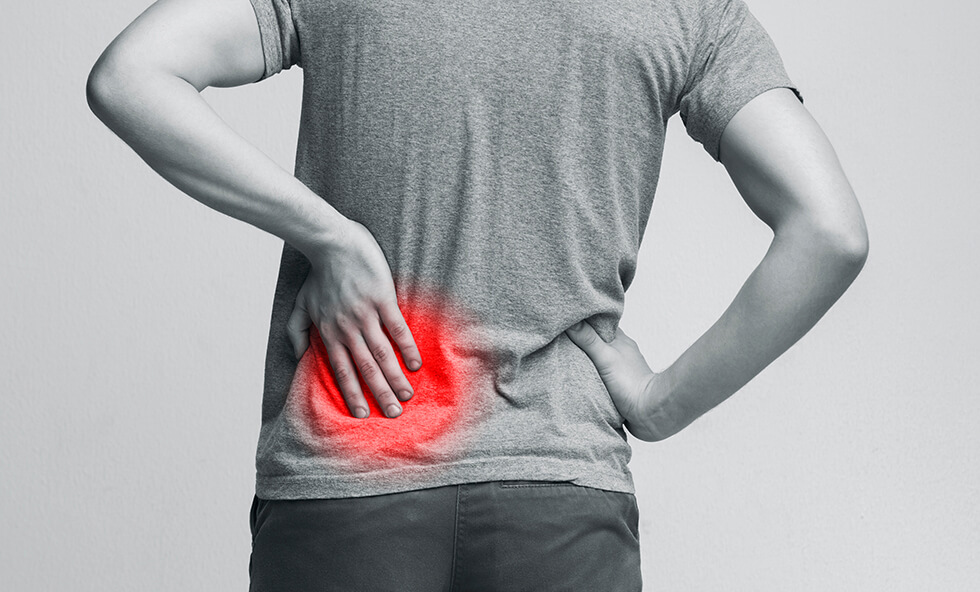Why does kidney infection occur?
The function of the kidneys is to purify the blood, filter out the useless substances and take them out through the urine. The kidney is located in two parts near the spine of the body, which is the part near the urinary bladder. It contains bladder and urethra.
In this case, if for some reason bacteria or virus infects the urinary tract and enters the kidney, we understand that the kidney has been infected. A kidney infection can affect one or both kidneys. Such a condition is called 'pyelonephritis' in medical language.
the reason
Kidney infection can happen at any age. But this problem is seen more in women than in men. The main reason for this is that the female urethra is relatively short. The risk of infection is high when the faeces and urination are close. If the urinary infection is frequent, it is easy for the infection to spread through the urinary tract to the kidney.
Due to the increase in the size of the uterus during pregnancy, there is pressure on the urinary bladder, and the germs in the bladder can reach the kidneys. In men, it can happen if the urethra is narrowed due to an enlarged prostate gland or an injury.
Common in both men and women are stones, uncontrolled diabetes, narrowing of the ureter since childhood, backflow of urine back into the bladder, low white blood cell count, HIV, use of certain medications, having two ureters in the kidney, and kidney transplant patients. .
Similarly, the habit of holding urine for a long time can also lead to kidney infection.
Bacteria such as E.coli, Proteus mirabilis, Enterobacter, Staphylococcus are the bacteria that cause urine to kidney infection.
Symptoms
If there is a kidney infection, its symptoms will start rapidly within a few hours or a few days. Vomiting, frequent urination, feeling like urinating, blood in urine, smelly urine, fever, back pain, feeling weak, loss of appetite, pain in both stomachs and work fever are common symptoms.
identification
Urine is tested based on symptoms. Urine culture is done in urine test. From which we find out about the development of viruses and germs. In some cases, the condition of the bladder and kidneys is also checked by CT scan and ultrasound.
Treatment
Antibiotics should be used according to the risk of kidney infection. It should be taken regularly from 3 to 14 days. If there are frequent urinary infections, it is necessary to find out the cause and treat it according to the symptoms.
Complexity
If left untreated, chronic kidney disease, infection can spread through the kidney to the blood. Which not only leads to 'low blood pressure' but can also lead to death.
How to prevent infection?
- If there is a problem of low or frequent urination, it should be treated immediately.
- Do not hold urine for a long time.
- After defecating, the vagina should be cleaned properly.
- Drink enough water.

Comments
Post a Comment
If you have any doubts. Please let me know.